Morrow County Farm Bureau annual breakfast celebrates local farmers
Attendees also heard from a panel of experts about the personal rights protecting a farm, land or other property.
Read MoreUnder HB 397, notice must be given by Sept. 1 to terminate a farm lease, and the lease will terminate at the conclusion of harvest or Dec. 31, whichever comes first.
Like most farmers, Dan Criswell started field work for this year’s crops long before planting season.
By March he had already sprayed weeds, applied fertilizer and spread manure on fields he farms in Marion and Morrow counties. So, around March 10, when he heard that some land he leased would be sold at auction on April 22, he was looking at a significant loss of time and inputs.
“I had quite a bit of money invested,” he said. Besides losing his investment in the crop ground, he would be losing use of pasture his family was counting on for their beef cattle.
In the past, situations like Criswell’s often led to financial losses for the farmers or lawsuits with unpredictable outcomes. However, Ohio Farm Bureau-supported legislation enacted last summer established rules that protect Ohio farmers from such abrupt farm lease terminations. That law made it possible for Criswell to protect his investment and continue to farm the land this year.
The new law covers land lease agreements that don’t already include specific termination dates or notice requirements. Under the new rules, landowners are required to give people leasing their land written notice of termination on or before the first of September in the year the termination is to be effective, unless other terms are specified in a written agreement. The end date for the lease is Dec. 31 or whenever harvest is finished for crops planted on the land, whichever comes first, unless the landowner and tenant agree in writing on another end date.
Ohio Farm Bureau and the Ohio State Bar Association’s Ag Law Committee pushed for the changes to Ohio law because of problems farmers were having with lease terminations. Leah Curtis, policy counsel and senior director of member engagement for the Ohio Farm Bureau, said the change was needed to set guardrails on lease agreements.
Putting lease agreements in writing can eliminate uncertainty about the terms, but, she explained, “We know that doesn’t happen with farm leases all the time.” Many farmers continue to rely on handshake agreements or on written leases that don’t specify termination requirements.
Many other states across the country, particularly agricultural states, already had similar laws in place, Curtis said. “We were kind of an outlier among those other Midwestern states.”
The legislation, Ohio House Bill 397, was sponsored by Reps. Brian Stewart and Darrell Kick and passed both the House and Senate with broad support. It went into effect in July 2022.
Oral agreements, often sealed with a simple handshake, aren’t unusual in the farming community, especially for long-standing leases. For instance, Dan Criswell and his father before him had leased the land adjoining their own farm for close to 50 years without written agreements.
“A handshake worked for many, many years on that particular farm,” he said.
Even now, Criswell said, his family continues with handshake agreements on other leases. Some landowners trust a handshake more than a piece of paper, he explained.

Sometimes problems arise with handshake leases when someone dies or management of the land changes hands. That seems to be the case for the Criswells. The landowner they had worked with for many years died a few years back, and the land had been shifted into an LLC managed by other family members.
When the landowners scheduled the farmland for auction, the listing said the new owner would have farming rights for 2023. When the Criswells protested that they had already made investments for the 2023 crop year, the auctioneer told them they couldn’t do anything about it because they didn’t have a written lease.
Criswell said friends told him about HB 397, so he started digging for more information. Eventually he got in touch with fellow Marion County Farm Bureau member Cy Prettyman, who serves as an Ohio Farm Bureau state board trustee. The Ohio Farm Bureau legal team then put him in touch with attorney Ryan Conklin with the Wright & Moore law firm. Conklin specializes in ag law and helped draft the legislation as chairman of the Ohio State Bar Association’s Ag Law Committee.
Wright & Moore put together an affidavit explaining the Criswells’ right to farm the land through 2023, since the lease had not been terminated last September. If the auction had proceeded, that affidavit would have been presented to bidders at the auction. However, the auction was canceled and the landowners have acknowledged the Criswells’ right to farm the land this year.
“Obviously, now we have a written lease with them,” Criswell said.
What will happen to the land next year remains uncertain, but Criswell said he’s relieved he didn’t lose his investment in this year’s crops. “It’s unfortunate these situations happen, but hopefully this House Bill 397 will protect a lot of farmers.”
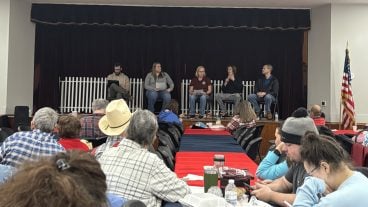
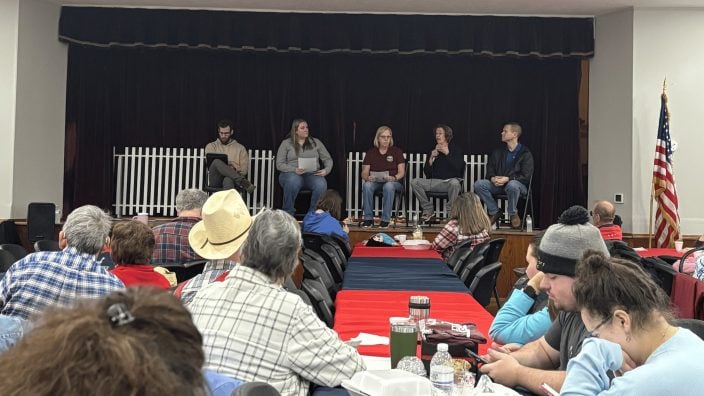
Attendees also heard from a panel of experts about the personal rights protecting a farm, land or other property.
Read More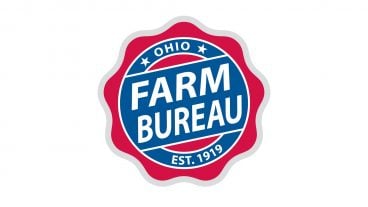
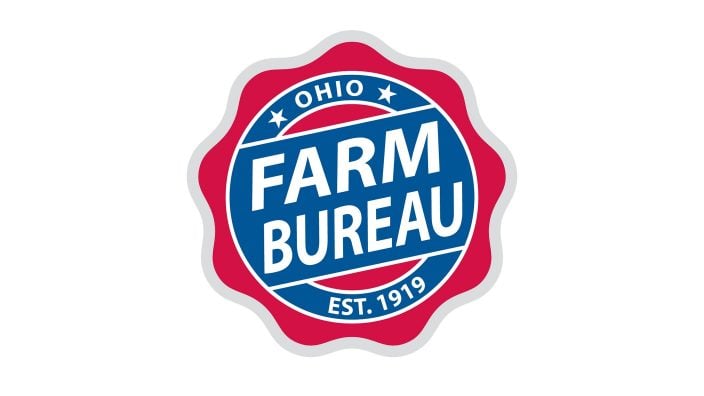
Ohio Farm Bureau has filed a brief with the U.S. Supreme Court, asking the highest court in the land to take on a case to help Ohio landowners.
Read More

In the case O’Connor v. Eubanks, the question is, can a state be sued in federal court when it takes a property?
Read More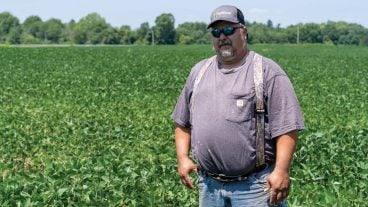
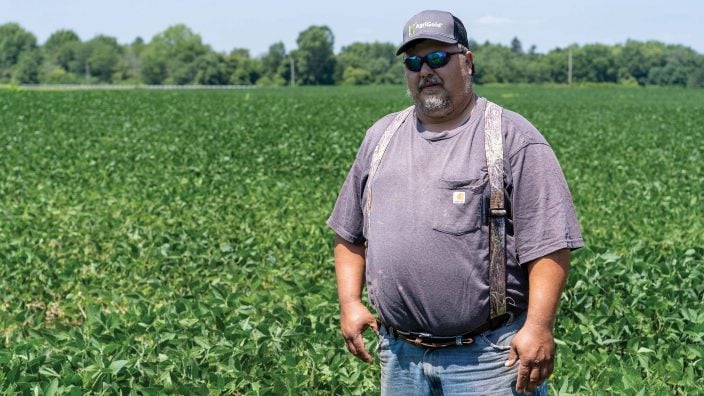
Under HB 397, notice must be given by Sept. 1 to terminate a farm lease, and the lease will terminate at the conclusion of harvest or Dec. 31, whichever comes first.
Read More

The 3rd District Court of Appeals ruled that Columbia Gas of Ohio did not demonstrate that taking of the property was a necessity, and that further review was warranted of the agricultural easement issue.
Read More

In addition to the testimony in support of HB 64, Ohio Farm Bureau is asking members to contact their state representative to voice their support for eminent domain reform.
Read More

News out of Iowa that a private company has filed to use eminent domain to construct a carbon pipeline has raised lots of questions in Ohio.
Read More

In this Legal with Leah, Ohio Farm Bureau Policy Counsel Leah Curtis answers the most common questions about Ohio laws regarding trees and property rights.
Read More